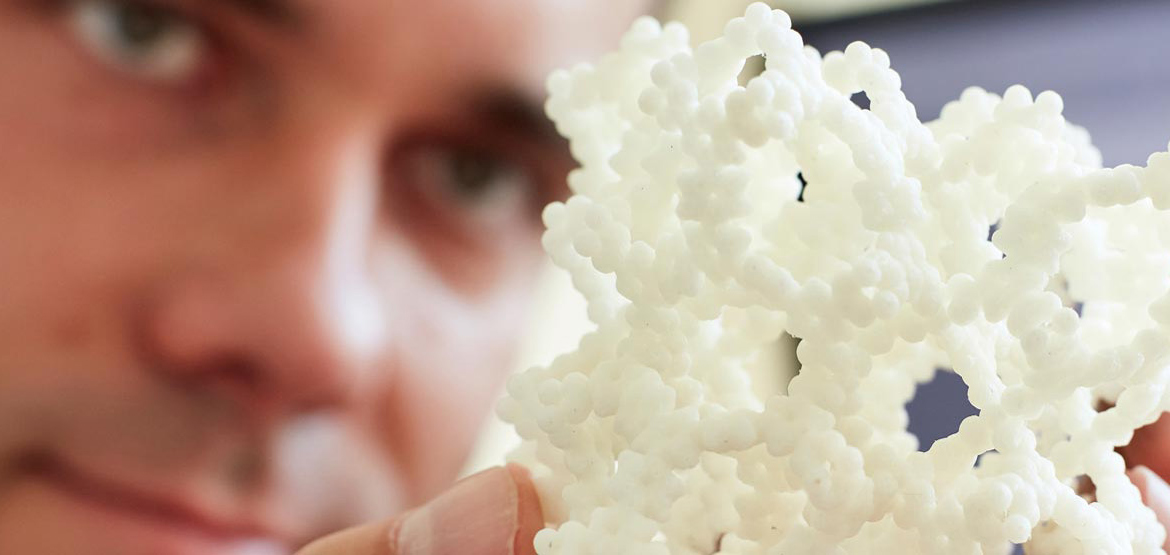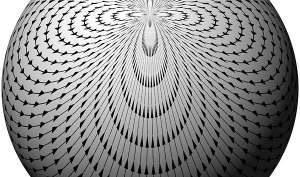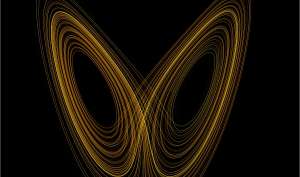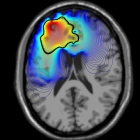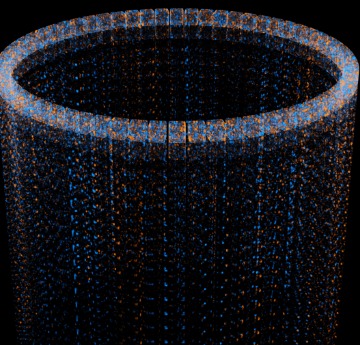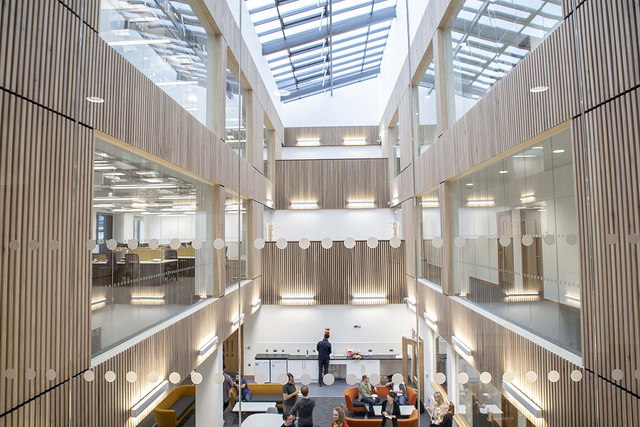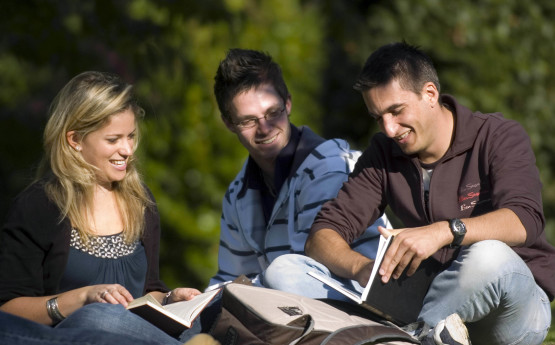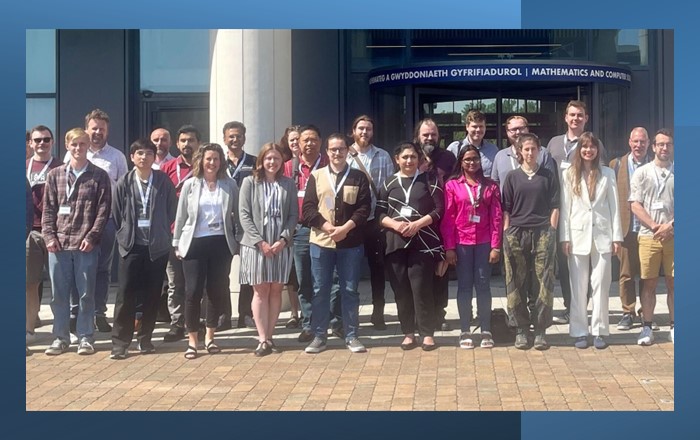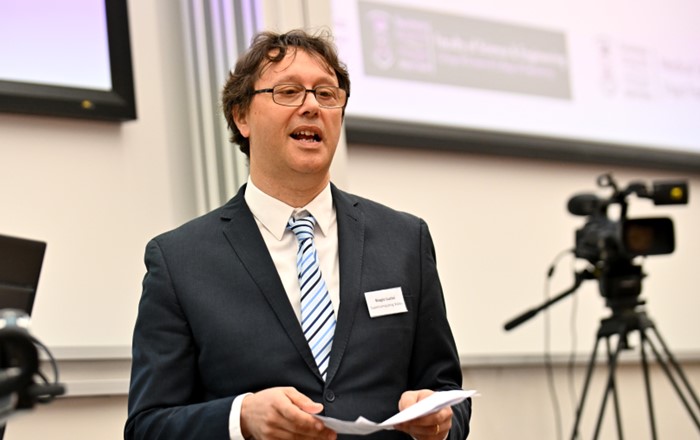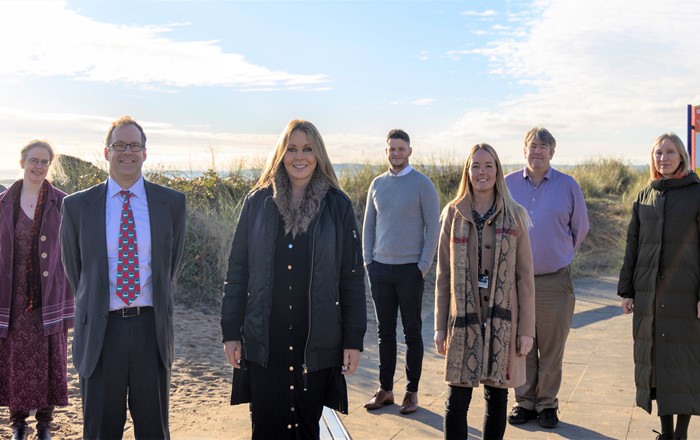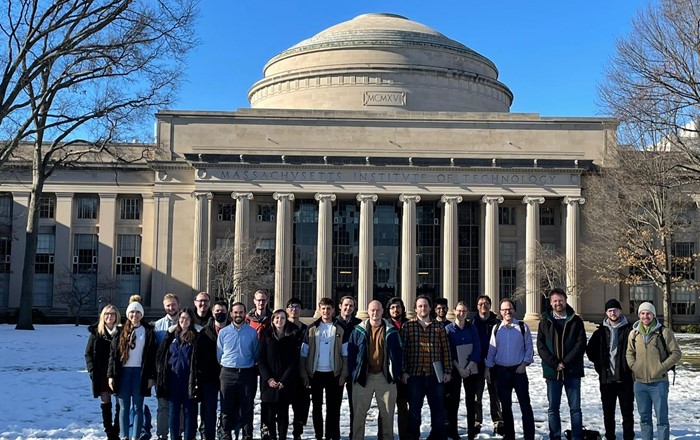Our research
Research Excellence Framework (REF), 2021: We are delighted to have achieved 100% world-leading impact, showing that mathematics has a real and lasting impact in day-to-day life. Our research facilities and environment have enabled colleagues to engage internationally, elevating 100% of the department’s publications to world-leading and internationally excellent.
Our research explores many aspects of modern theories of geometry and associated algebraic machinery. We pursue both purely theoretical aspects and applications in engineering and natural sciences. Particular areas of strength include noncommutative geometry, topological data analysis and computational topology, tropical geometry, the algebraic geometry of splines, algebraic K-theory, and moduli spaces.
We are a vibrant group working on an analysis of nonlinear partial differential equations (PDEs) from a range of perspectives. A central area of our activity is the study of nonlinear elliptic and parabolic equations and systems. This encompasses theoretical as well as applied and numerical aspects of research.
The group applies state-of-the-art mathematical and computational techniques to address research problems from biosciences, life sciences, and medicine. Our aim is to develop predictive mathematical and statistical models and computational approaches to tackle topical biologically-relevant questions.
We develop and analyse novel computational and numerical methods, studying their applications to multiple areas such as Computational Topology, Data Science, Lattice Gauge Theory, Mathematical Biology, Cancer Research and Applied Algebraic Geometry.
Our research explores many aspects of modern theories of stochastic processes, and more generally random fields with applications to finance, mathematical biology, mathematical physics, data simulation and beyond. Particular areas of strength include functional inequalities and applications, infinite dimensional stochastic analysis, Lévy-type processes and pseudo-differential operators.
The education research group was formed in 2014 as part of the Mathematics Department’s growing interest in and influence over school mathematics education in Wales. The Department has been running the Further Mathematics Support Programme Wales since 2010 which positively impacted on participation and attainment in Further Mathematics in Wales.
United Nations Sustainable Development Goals
Our research contributes to the success of these specific UNSDG goals.

